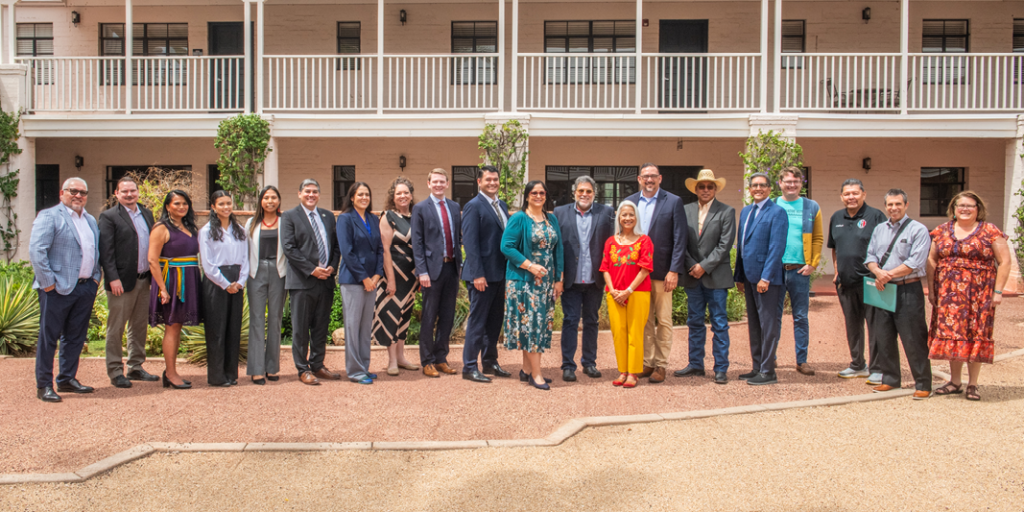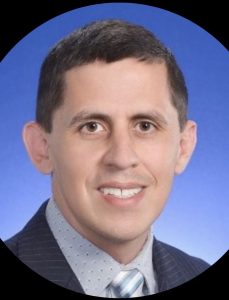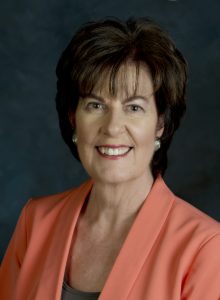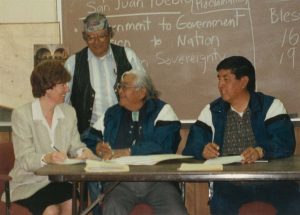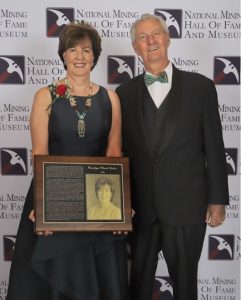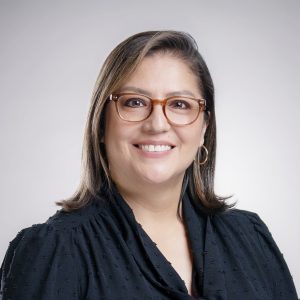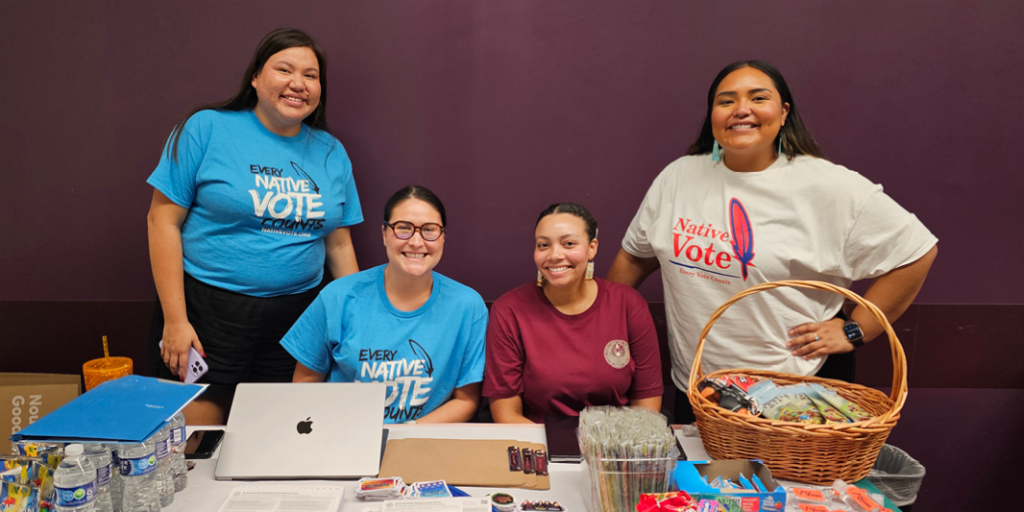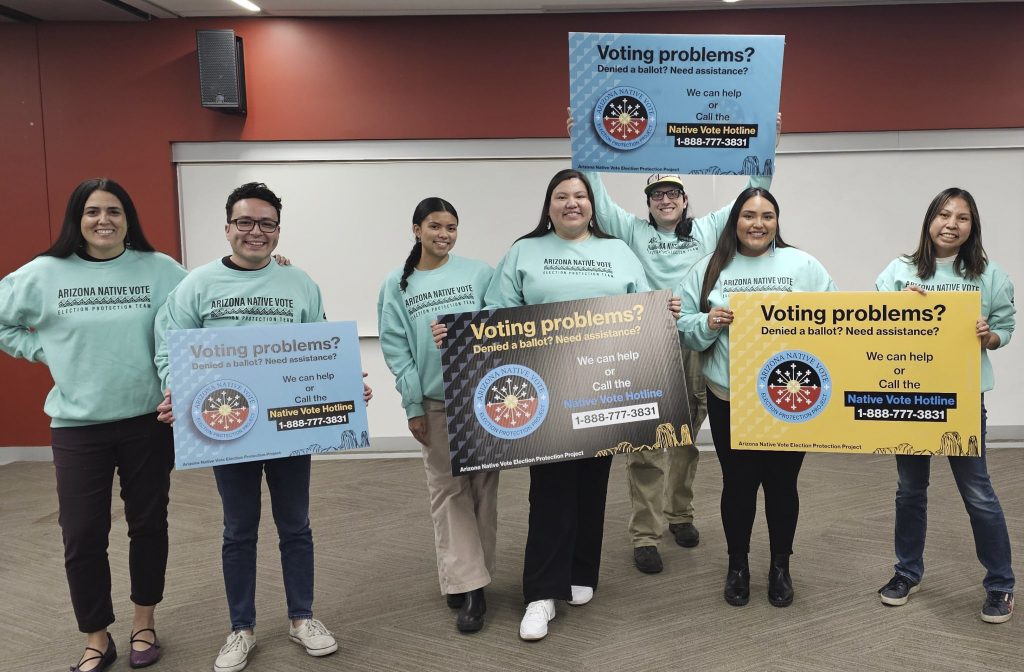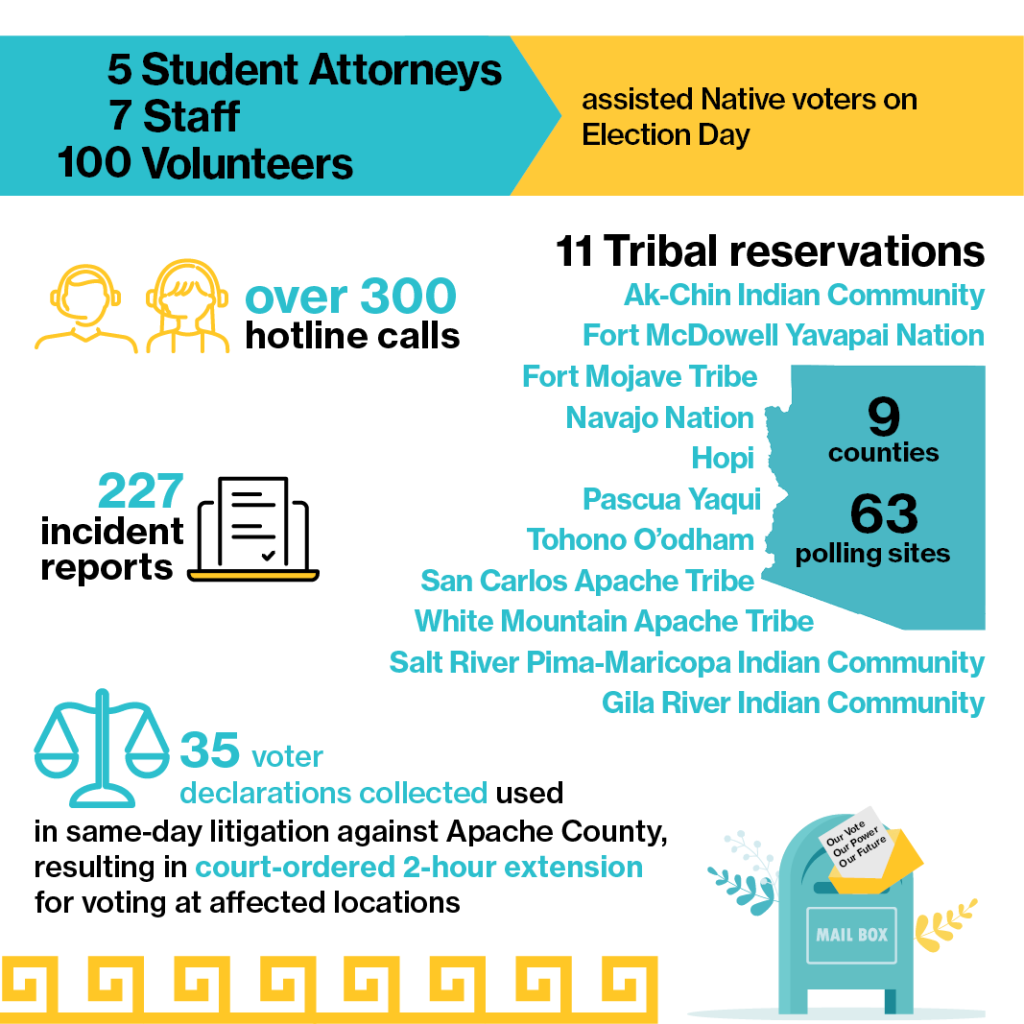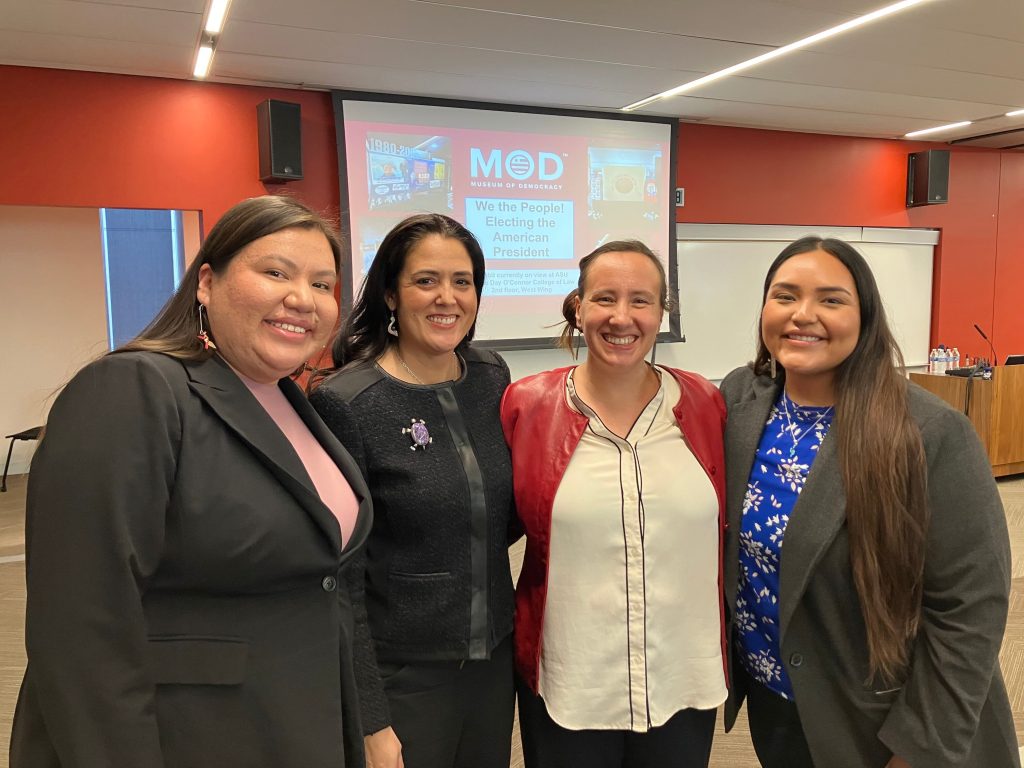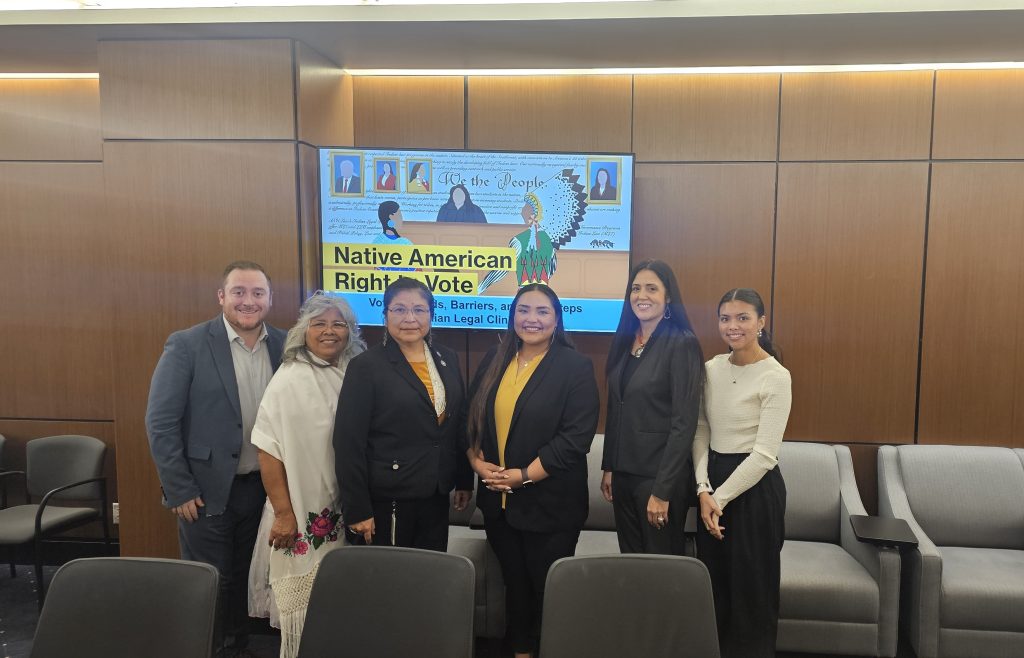The ILP alumni awards are now open. Nominate your classmates and friends! The ILP Awards include Professional Achievement, Alumni Service Award, and Emerging Leader Award.
Nominations deadline: March 6, 2026
Send nomination and materials to: ilp@asu.edu. Awards will be presented at the ILP Alumni & Friends Awards Ceremony at Fed Bar on Thursday, April 9, 2026 in Scottsdale, Arizona.
Nomination Guidelines
ILP Professional Achievement Award – This award recognizes outstanding achievement in Indian Law or Tribal Law throughout an individual’s career. The award honors ILP alumni whose achievements in the field of Indian Law or Tribal Law have brought distinction to themselves and real benefit to the Indian community. Nomination Package requirements:
- Describe the unique professional achievements in the field of Indian Law or Tribal Law that has brought distinction to the candidate. (maximum two pages)
- Describe the recognized contributions made by this candidate that demonstrate a benefit to the larger community. (maximum one page)
- Describe the ways in which the candidate’s achievements are truly extraordinary or exceptional. (maximum one page)
- Provide at least two letters of support from individuals that can speak to the candidate’s impact on his or her profession.
- Letters of support should speak to the magnitude of the individual’s impact in the practice of Indian or tribal law or in the Indian community.
- Provide a 200 word bio of the nominee.
- Past winners include: Claudeen Bates Arthur (’74) (Posthumous), Gloria Kindig (’89), Kathy Bowman (’86), Rob Rosette (’96), Diane Enos (’92), Ben Hanley (’71) and Herb Yazzie (’75).
ILP Alumni Service Award – This award is given for outstanding service to the Indian Legal Program, and is awarded for extended, extraordinary service to the Indian Legal Program. Nomination Package requirements:
- Describe the ways in which the candidate has served or supported the ILP and the ILP alumni. Examples can include serving on committees, boards, CLEs, mentoring ILP students, or other volunteer or fundraising efforts or funding commitments. (maximum one page)
- Describe the ways this service been truly extraordinary. (maximum one page)
- Describe how the candidate’s service has benefited the ILP. (maximum one page)
- Please provide at least two letters of support from ILP alumni as part of the nomination package.
- Provide a 200 word bio of the nominee.
- Past winners include: Brian Garcia (’20), Rebecca Ross (’10), Rodina Cave Parnall (’01), Peter Larson (’02), Verrin Kewenvoyouma (’04), Ann Marie Downes (’94), Mary Shirley (’92), Jeff Harmon (’05) and Chris Love (’045).
ILP Emerging Leader Award – This award acknowledges and encourages service to Indian Country and the ILP by alumni who are less than ten years out of law school. The award recognizes outstanding achievements in their professional career, volunteer work, and promotion or support of the ILP and/or ASU NALSA. Nomination Package requirements:
- Describe how the candidate has achieved professional success in their legal career.
- Describe the candidate’s volunteer work.
- Describe how the candidate achieved an exceptional level of service while balancing the demands of being a recent graduate. (maximum one page)
- Describe how the candidate was proactive in efforts to become involved in ILP and/or ILP alumni activities. (maximum one page)
- Describe how the candidate’s service has been sustained over a long period of time or how the service has been innovative or beneficial. (maximum one page)
- Provide two letters of support from fellow ILP alumni.
- Provide a 200 word bio of the nominee.
- Past winners include: Krystalyn Kinsel (’15), Stephanie Sfiridis (’16), Jacob Schellinger (’12), Derrick Beetso (’10), Carolyn Angus-Hornbuckle (’09), Nikki Borchardt Campbell (’09), Steve Bodmer (’06), Elizabeth Medicine Crow (’05), Charles Galbraith (’07), Matthew Campbell (’08), Michael Corey Hinton (’11) and Candace French (’17).

